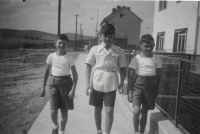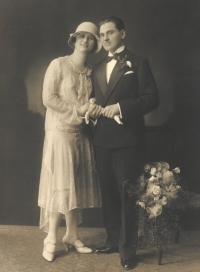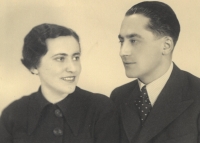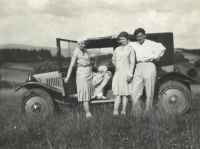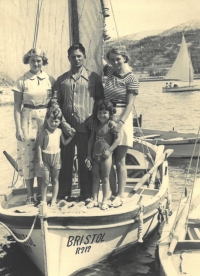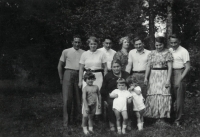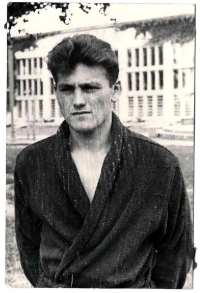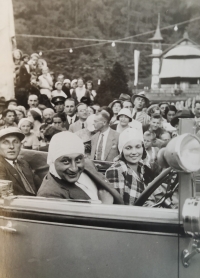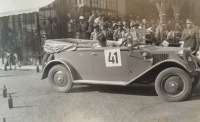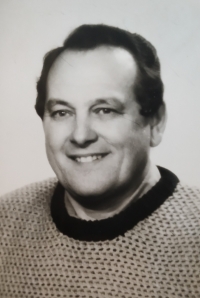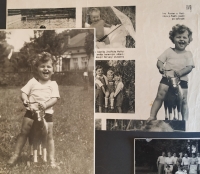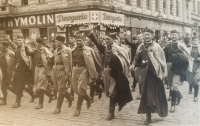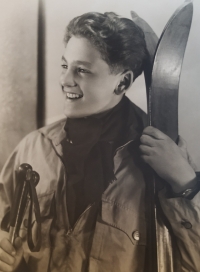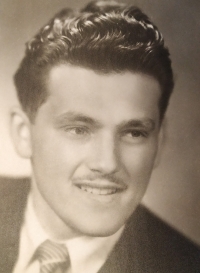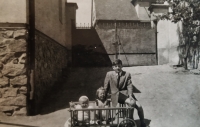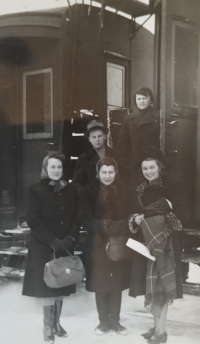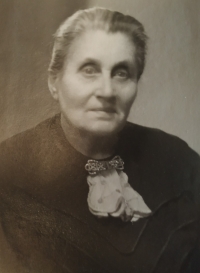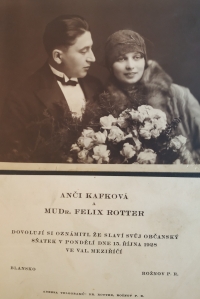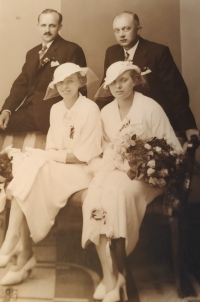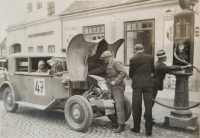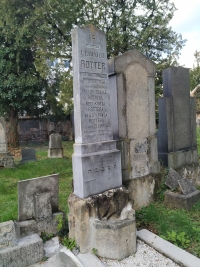My father’s path was illuminated by a Jewish star
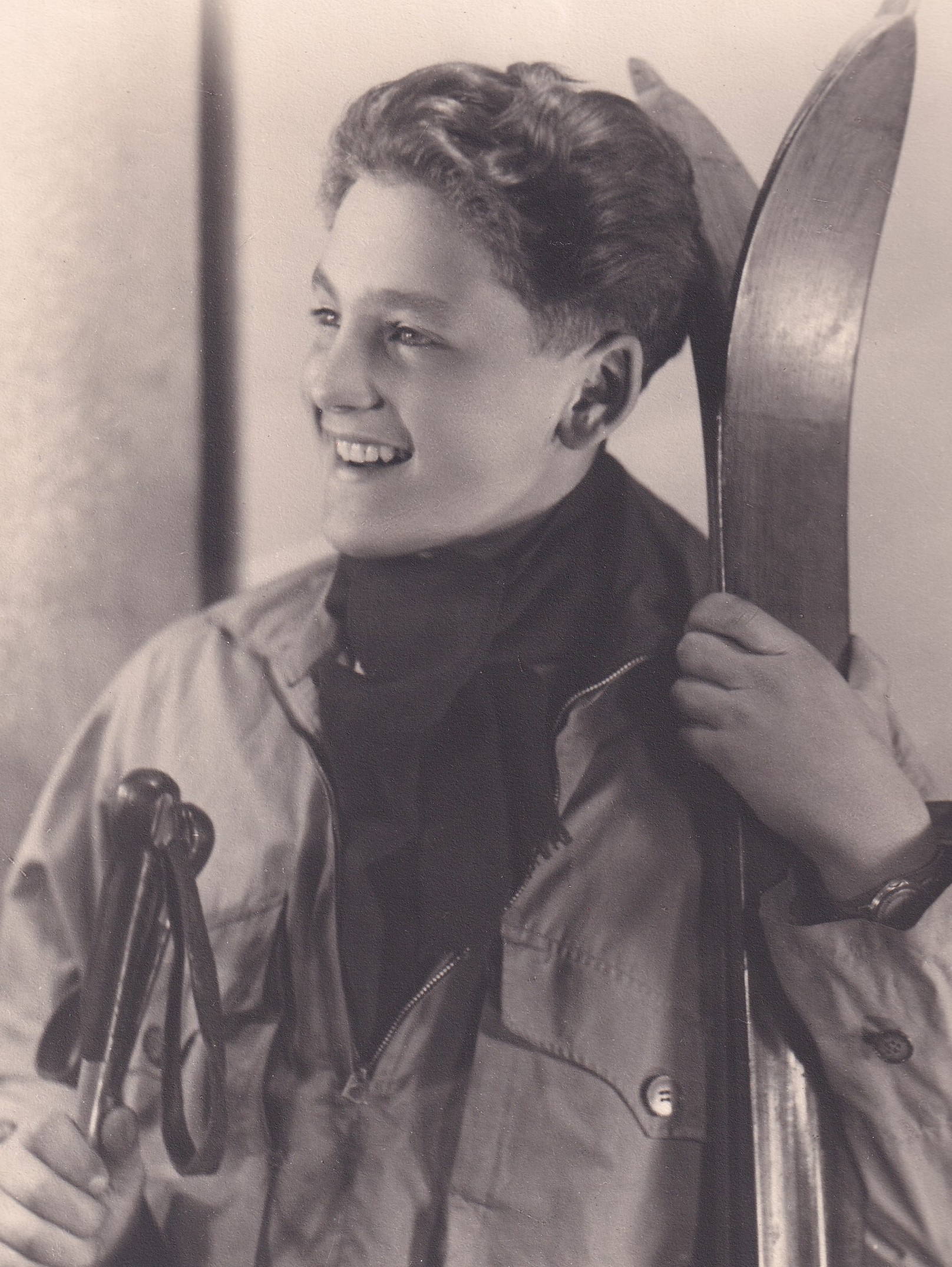
Download image
Ivo Rotter was born on 3 December 1930 in Brno into a mixed marriage. His father, Felix Rotter, descended from a Jewish family from Rajhrad near Brno, and his mother, Anna Kafková, was a Catholic from Blansko. He spent his childhood in Rožnov pod Radhoštěm, where his father had his medical practice. Felix Rotter was arrested for the first time immediately after the occupation as part of the Albrecht operation and released three weeks later. After the so-called Nuremberg Laws within the Protectorate were introduced, his parents decided to formally separate. Felix Rotter was arrested again in February 1940 for his resistance activities in the Obrana národa (Defence of the Nation, a Czech resistance organization - transl.). Ivo and his mother moved to Blansko to live with relatives. Felix Rotter was sentenced to three years imprisonment. He served in the Kounic dormitories and prisons in Ostrava, Ratiboř and Zhořelec. He was murdered in November 1943 in the Sosnowiec camp in Poland. His family was not aware of his transfer to the camp or his death. Ivo spent the last months of the war in a shelter with acquaintances. His mother was sent to forced labour. Ivo graduated from the Secondary Industrial Textile School and remained faithful to this field throughout his professional career until 1990. One of his main interests was swimming, thanks to which he could serve his military service in the Dukla Prague in the 1950s. He got to know the top athletes of that time there, such as Emil and Dana Zátopek, Zdeněk Růžička, Emil Svoboda, Ladislav Přáda and others. In 2011, accompanied by his daughter, he made a landmark trip to Israel. In 2019, he lived in Brno.


